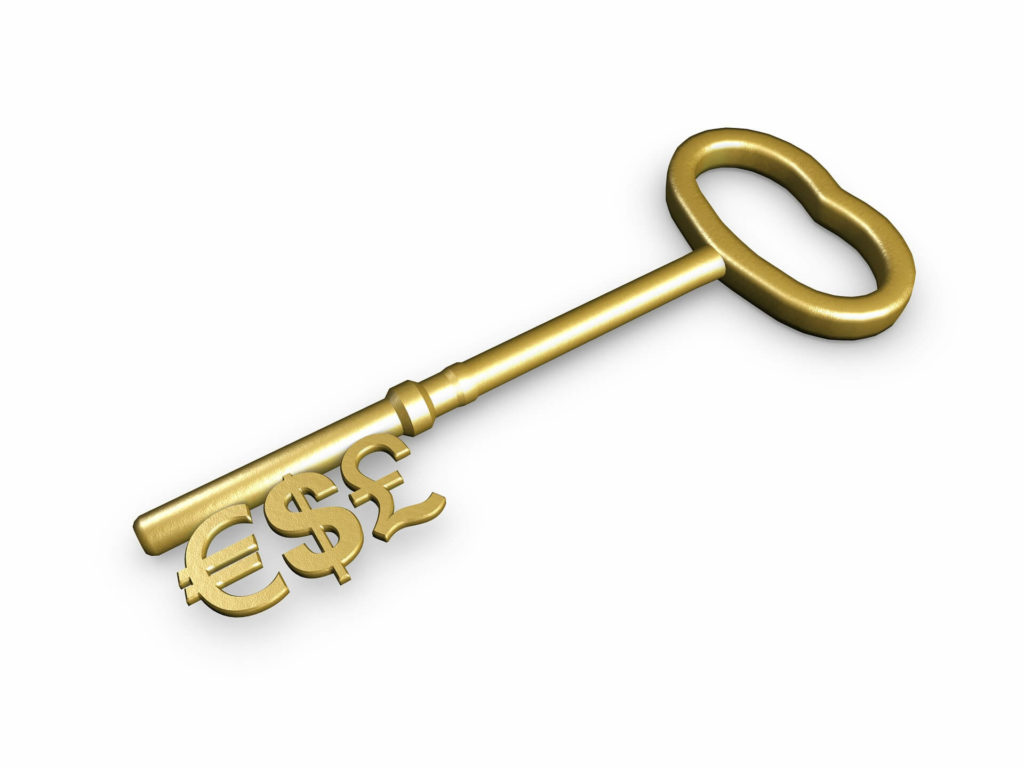Money saving journey; how to start saving effortlessly
I find money pretty interesting, especially when I think about my money-saving journey.
Interesting because whenever I think about how much of it I don’t have, the more it eludes me.
I am not sure what the connection is, but maybe it has something to do with ‘what you think you become’.
Ever since my freelance writing gigs started paying me $1,000 a month, I have made several attempts to start saving, but somehow, I end up self-sabotaging myself.
I can’t seem to get a grip of why this keeps happening.
It’s frustrating, to be honest. aggrrr…
I have a few bucks for a rainy day, and it ends up raining the next day! haha
so…
Like I usually do, I sought to find the answer. And it is rooted in my money blueprint. You see, my parent’s never really saved money for a rainy day. When it rained, it poured, and it was not pretty.
Our house was locked several times, and I remember one time we had to move in with grandma as my dad sorted things out.
Start your saving journey; Saving is a skill

Saving is a skill, and if you never learned this skill when you were young, you have to cultivate when you are older. It’s not going to be comfortable. According to Dr Joe Dispenza, our bodies learn to crave certain emotions, whether they are associated with money, relationships or career.
Whenever we attempt to change, we destabilize this equilibrium and our bodies immediately protest.
“This is not the dose of emotion you partake. You are used to being frustrated about money, spending it, and misusing it. How then can you suddenly change that? Tell you what, why don’t you use the savings to pay for that bill instead? You don’t want to be cut off do you?”
Beed there, done that, got a T-shirt.
If you cave in, you immediately go back to your original money blueprint and you, without knowing it, feel better. But only for a while. Guilt usually follows because deep down, you want to do better and better become. So you set aside some money again, feel great for a while, and the cycle continues.
How to Cultivate the Saving Skill

- Practice
Your first duty then is to smile when you feel uncomfortable about it. You are heading in the right direction. If your body protests, you can be guaranteed that you have made your first step toward changing your habit.
Rejoice.
Now repeat this process until it becomes second nature.
Don’t expect your body to give up so easily. It will take a few rounds of repetition to change. If you are 30, you have cultivated your current money blueprint for 30 years. What makes you think you can change it by sending a cheque to your savings account once?
2. Overcome the temptations

You have to fight the temptation to use your savings for something else. This is especially when you get started. You are still not as strict with yourself, and your saving journey is not stable.
When you get a cheque, save before you do anything else. This ingrains the habit and tells your body and mind that saving is vital, and it must be done.
Change the way you write your monthly budget. Instead of starting with the bills, start with savings. Then divide what remains among the bills.
George S. Clason, in his book “The Richest Man in Babylon” shares an interesting analogy. He states that you should save 10% of your earning no matter what.
That is, “pay yourself before you pay anyone else”.
Think about it, if you are strapped for cash, and you save 10%, will what remain be enough to last you?
Probably not.
If you disregard saving and you spend 100% of your income, will it still be enough?
I doubt it.
If you save, however, you increase your chances of investing and creating a money stream that will feed you for life.
3. Have a plan

So don’t save for the sake of saving. Ask yourself, why do I want to do this?
Do you want to pay a debt? Go for vacation? Buy a home? Retire in style? Or Invest?
Your motivation matters. Every time you write a cheque, visual your ‘why’ coming true. If it’s retiring in style, imagine retiring a millionaire, travelling the world and having a blast. This will motivate you to write that cheque faster and faithfully.
Some people find keeping a record helpful. As they see the money grow, they are motivated to add to the jar and expand it some more.
I’m the opposite. I like the idea of not knowing what the outcome will be. It keeps me guessing. Will I have 3 million or 10 million?
4. Increase your savings occasionally
After a few weeks of saving, I started a game that has helped me increase my savings. I learned this strategy by listening to Lisa Nichols’ story on YouTube as Tom Bilyeu interviewed her on Inside Quest.
Lisa increased her savings amount every time she sent a cheque. I still don’t have much to spare (student’s loan is b****), but that never stops me. Whether I increase the amount with $15 or $ 50, I do it. I make sure I superseded last month’s savings all the time.
For example, if I saved $10 last month, I will save $12 this month and $15 the month after. The graph keeps climbing.
What about when I don’t have enough?
5. Don’t sweat it too much

If things are pretty tight that month, I simply save 10% of my earning and I’m contented. No one is holding a gun to my head, ready to pull the trigger if I don’t surpass last month’s savings.
The reason why most people find it hard to save is over complicating things. Keep it simple. It’s YOUR money-saving journey — no one else.
You are in the driver’s seat so drive. As long as you don’t go lower than your set minimum, you are fine.
Don’t sweat about it too much. Instead, celebrate the steps you are making towards achieving your goal and focus on that.
If you change your focus to how disappointed you are you didn’t save enough this month, then you are robbing yourself of the joy of attaining your dream.
The brain is a fascinating organ. Every time we have a new thought, thousands of neurons fire to create meaning associating the thought to emotions and our lives.
If you are disappointed that you saved a small amount, then you are wiring your neurons to associate saving with something terrible. And since we are wired by nature to protect ourselves, you will, without knowing it, sabotage yourself and your saving journey.
Small forced savings every month can lead to huge magical return a decade later
~Nirmal Jain
It’s only been a few weeks since I started saving, but I have come a long way in this journey. My motivation is saving for retirement, and instead of buying a retirement plan, I opted to save my money in a money market fund.
Why?
It’s a safe, low-risk investment, my principle is guaranteed, and I can save for 30 years and retire a millionaire. I plan to save for 30 years and retire at 62.
What’s your saving journey?




